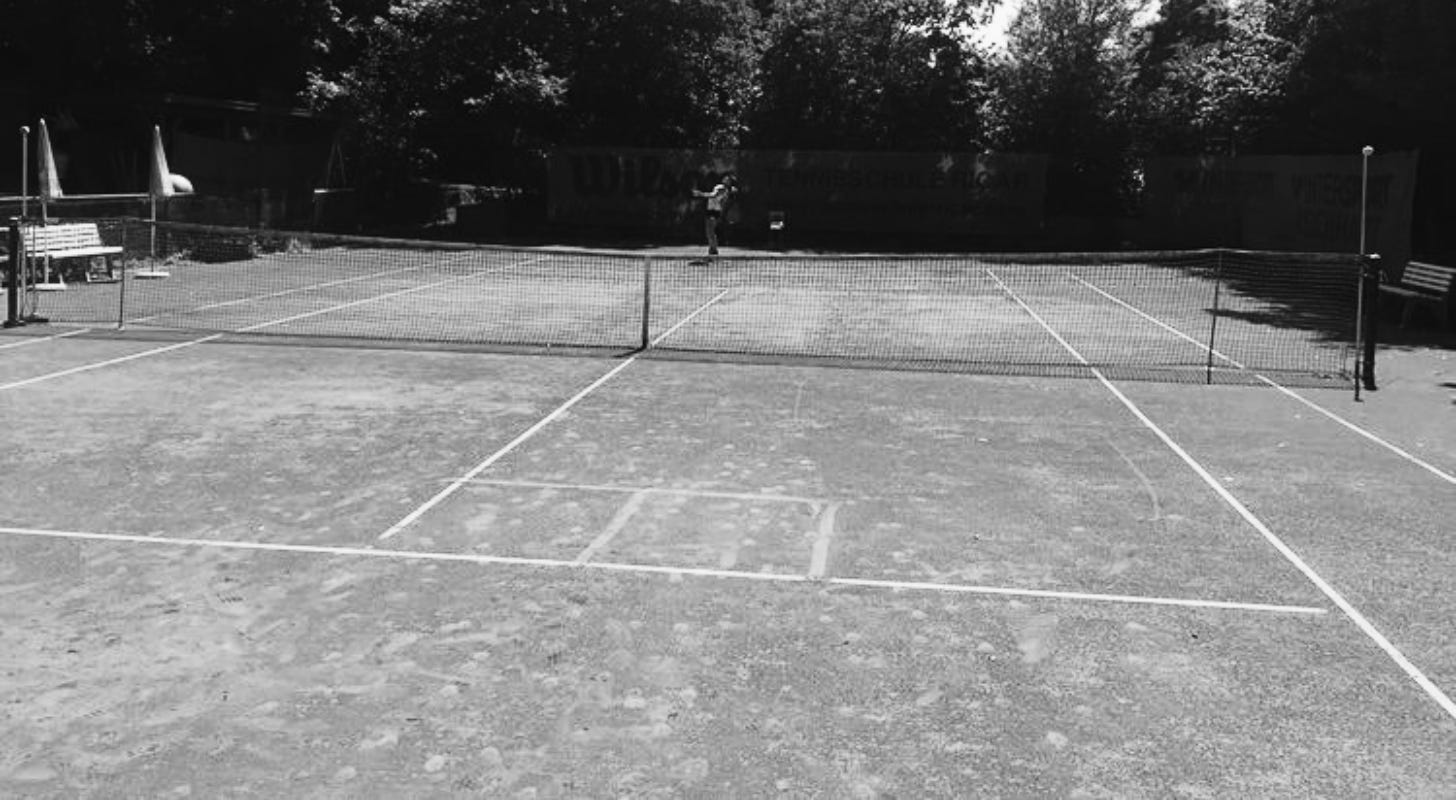One topic that never gets its due in startups is repetition. I mean the practice of mastering something. The 10,000 hours. We talk about pretty much everything else but this.
Startup advice is full of big ideas, new frameworks and inspirational stories. But anyone who’s mastered anything knows that gaining insight is only a small part of the journey. Mastery is what happens when you combine that learning with repeated practice. A lot of practice.
It’s not sexy to talk about practicing. It’s not something you can do quickly (10,000 hours is roughly 5 years of full time practicing).
So much startup advice makes no sense in the absence of practice.
For example, we tell founders what to look for in the ideal co-founder, but most have zero practice doing it. The first time they practice co-founding is when they divide the company’s equity with a complete stranger.
We talk about the importance of managing burn and “spending wisely.” But if a founder has never operated a business before, and most have not, they would have no reps to develop a sense of cashflow.
Fundraising is all about what to do or not do, or what VCs like or do not like. But all fundraising advice misses a crucial detail: practice. Most people’s idea of pitch practice is meetings with VCs who were your worst choice first.
We like to think of the best founders as elite performers, and many are.
Let’s take a look at how elite performers are made outside of tech.
Thanks for reading A Leap of Faith! Subscribe for free to receive new posts and support my work.
Sports

When Serena Williams hit a serve, it was the product of tens of thousands of repetitions of that exact serve. But that’s not the only thing she repeated endlessly. Footwork, strength, conditioning. Testing strategies and reading opponents.
Then there were years of daily nutrition, mental conditioning and many other repetitions that, luckily for the pros, is supported by a team of coaches and specialists.
In sports, repetition—especially smart repetition—is the only way to achieve peak performance.
In startups, we expect the performance of an elite athlete but we pay no attention to repetition. Why do we expect a first time founder to win a match if they’ve never been on the practice court?
Music
I have spent close to 20,000 hours playing piano. Music gave me many gifts but the biggest one was proof of how much one can accomplish with lots (and lots) of repetition.
Most of a musician’s career is spent rehearsing, not performing. If you’re not a musician you may not know that practice involves all kinds of torture devices. A metronome for exposing just how bad your rhythm is. Music written to work on finger speed and dexterity. Transposing music to different keys, switching hands, or playing blindfolded.

Thousands of hours of these repetitions builds a surprising result: confidence and freedom. In music it’s the freedom to have your own artistic voice.
For a founder it means having the confidence to make good decisions automatically.
The worst improvisers are the ones with no technique.
Flying
I’ve written previously about thinking of founders as pilots. Flying an airplane requires hundreds of hours of practice to be proficient (below 300 hours is called “the killing zone”).
Repetition is so highly valued that each pilot keeps a logbook of his/her entire flying career. That means every hour they spent in a plane from first flight to today is recorded. This is useful for training but also to ensure that pilots remain proficient.

The reason repetition is trained into every pilot is that when things go wrong the pilot can rely on those repetitions to speed up decision making. Some things become automatic.
Every pilot has stories of things going wrong and somehow staying in control of the situation.
You know what other activity involves lots of things going wrong? Startups.
Some unusual ideas
When you start to question conventional ways entrepreneurs are taught it leads to some unusual, but interesting, places.
We should track how founders practice.
Founders should keep track of their practice. It could be a logbook, spreadsheet or tool. What’s tracked should represent some idea of what is important to a successful business (which I know not everyone will agree with).
If this feels wrong to you remember that this is standard practice in many other fields.
This isn’t about making founders feel bad about themselves, by the way. Getting straight As on a report card does not mean you’ll create a Unicorn.
It’s about being honest about what the founder doesn’t know (or hasn’t practised). This could be core skills like selling, hiring, finance, strategy or whatever we currently assume founders will figure out (and master) along the way.
There are countless analytics tools for software. How many are for measuring founders?
Many founders should delay their start.
This might qualify for a hot take. I think most founders should delay starting their company. This is especially true if they are working with co-founders they don’t know.
We did this at Year One Labs an accelerator I co-founded 10 years ago. We ran hackathons so we could observe how people behaved. We paired up people who were complete strangers.
Most of those teams did not end up forming a startup, which is a good thing. But those that did already had valuable reps under their belt of building under pressure.
No matter how great an idea you have or how great your team is on paper, it’s better to practice first. Do a smaller project together even if it’s unrelated to your startup.
The time spent may feel like a delay but is actually an investment in your future.
We should use more simulators.
In my founders workshops I have people practice other people’s pitches. It’s strange for founders to practice pitching without practicing their own pitch. But it’s effective because it’s a simulation, not the real thing. People learn faster.
Instead of constantly explaining how VC works, I created a VC card game called Swagger that simulates investor decision making. Playing multiple rounds of the game gives founders a better feel for how VCs think versus a blog post.
Of course the ultimate tool would be a startup simulator. Like a flight sim but for startups. This could be used to train individuals and teams in many different scenarios they will likely be faced with. Outside of specialized sims for MBA classes I haven’t found anything that is a true simulator of what running a startup is like. But I definitely think it could be done.
Who wants to build this (message me)?
I don’t know how fun that simulation would be but consider this: the flight simulator market is close to $5 billion1. That’s five billion dollars spent building tech to help make pilots better. Imagine the impact of a startup sim on improving outcomes in the tech industries.
So, is repetition sexy?
I’m not advocating that entrepreneurs should get a degree before they are allowed to start a company. Freedom means the freedom to start a company any time you like. It also means the freedom to do a really bad job running it.
If there’s one thing we can learn from elite athletes or musicians or pilots it’s how repetition is fundamental to everything they do. It’s what builds the foundation of their success and what allows them to master their craft.
We have a long way to go to catch up to other industries when it comes to the value of repetition.
We shouldn’t be snobs about it. If we start teaching, talking about and doing more repetitions I think we’ll unlock a huge amount of potential in our startups.
If you got something of value from reading this post please share it.
https://www.fortunebusinessinsights.com/flight-simulator-market-102592 ↩



